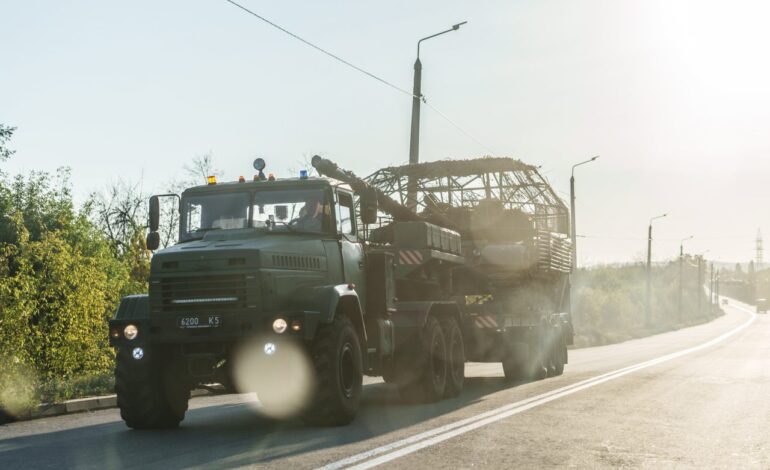European Public Skeptical of Troop Deployment to Ukraine

Public sentiment in Europe is increasingly cautious regarding calls for troop deployment to Ukraine, particularly in light of efforts by some governments advocating for this move. Former U.S. President Donald Trump has notably urged European nations to send thousands of troops to Ukraine as a response to the ongoing conflict with Russia. Yet, many voters across the continent remain unconvinced about the necessity and implications of such military involvement.
Recent surveys indicate a significant divide in public opinion on the issue. Many Europeans express concerns about escalating tensions and the potential risks involved in deploying troops so far from home. The discussion surrounding military support for Ukraine has intensified as peace negotiations appear to be on the horizon, but skepticism about troop involvement remains prevalent.
Public Opinion on Military Engagement
In a recent poll conducted by the European Council on Foreign Relations, only 35% of respondents supported the idea of sending troops to Ukraine, while 45% opposed it. This hesitance reflects a broader sentiment that many citizens prioritize diplomatic solutions over military action. Concerns about the potential for increased conflict, as well as the ramifications for national security, weigh heavily on voters’ minds.
Countries like Germany and France show a particularly strong reluctance to commit troops. Both nations have historically favored negotiation and dialogue in international conflicts. In light of this, the appeal for troop deployment from certain government officials has faced significant backlash from constituents who worry about the potential for military escalation.
While some European leaders argue that a military presence could bolster Ukraine’s position in peace talks, critics argue that it risks entangling European nations in a protracted conflict. They point out that the region has already faced significant economic and social repercussions from the ongoing war, and further military commitments could exacerbate these challenges.
Political Implications and Future Considerations
The political landscape surrounding this issue is complex. As the conflict in Ukraine continues to evolve, leaders must navigate both public sentiment and international expectations. The European Union and NATO have both expressed varying degrees of support for Ukraine, but troop deployment remains a contentious topic.
With the 2024 elections approaching in several European countries, politicians are mindful of their constituents’ feelings. A misstep in military policy could lead to significant electoral backlash. This situation is compounded by various economic pressures, including rising energy costs and inflation, which have led voters to prioritize domestic issues over foreign military engagements.
As discussions continue around a possible peace agreement, the future of European troops in Ukraine remains uncertain. For now, it seems that many European voters prefer to focus on diplomatic solutions rather than military intervention, highlighting a crucial aspect of public sentiment that leaders must consider moving forward.






